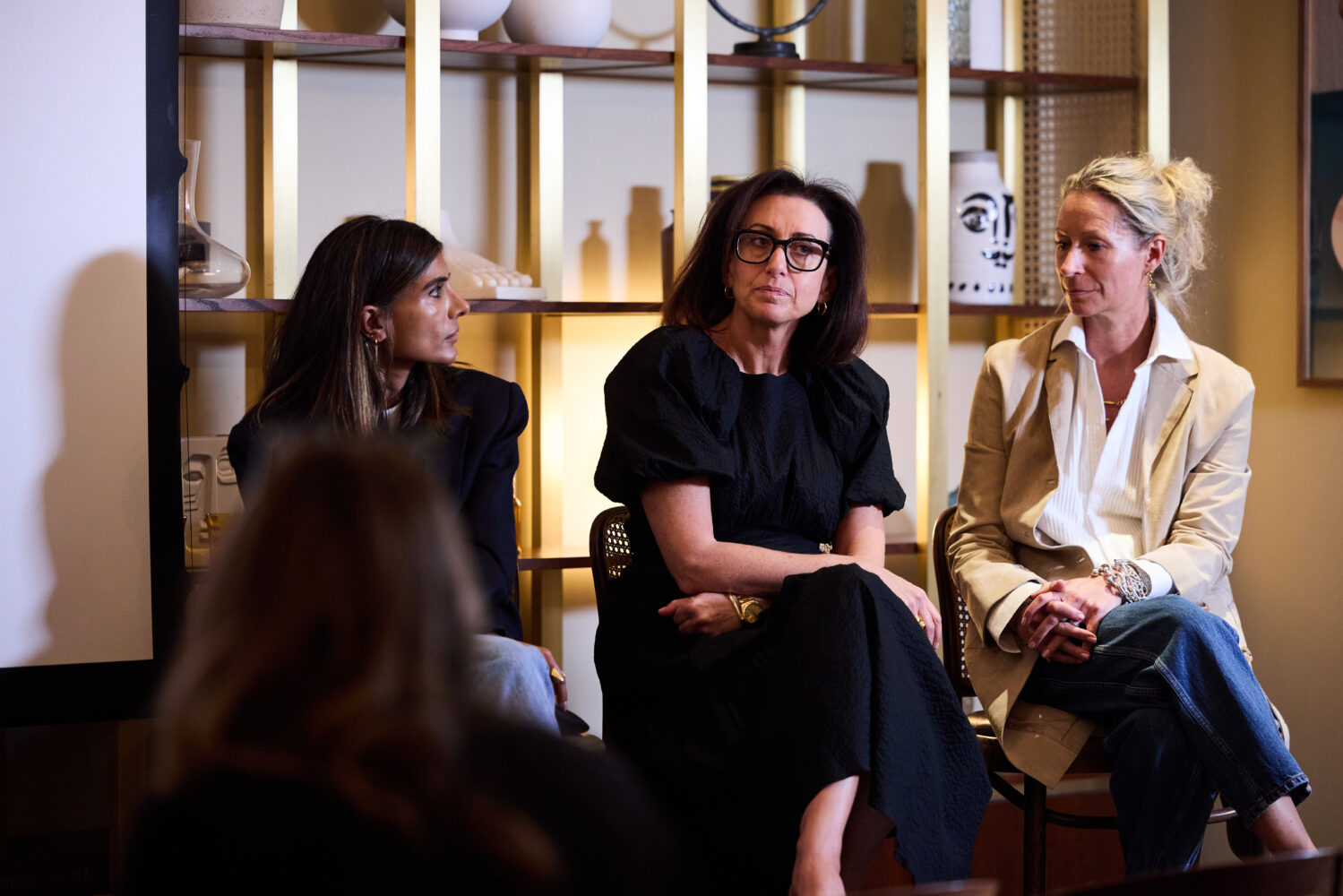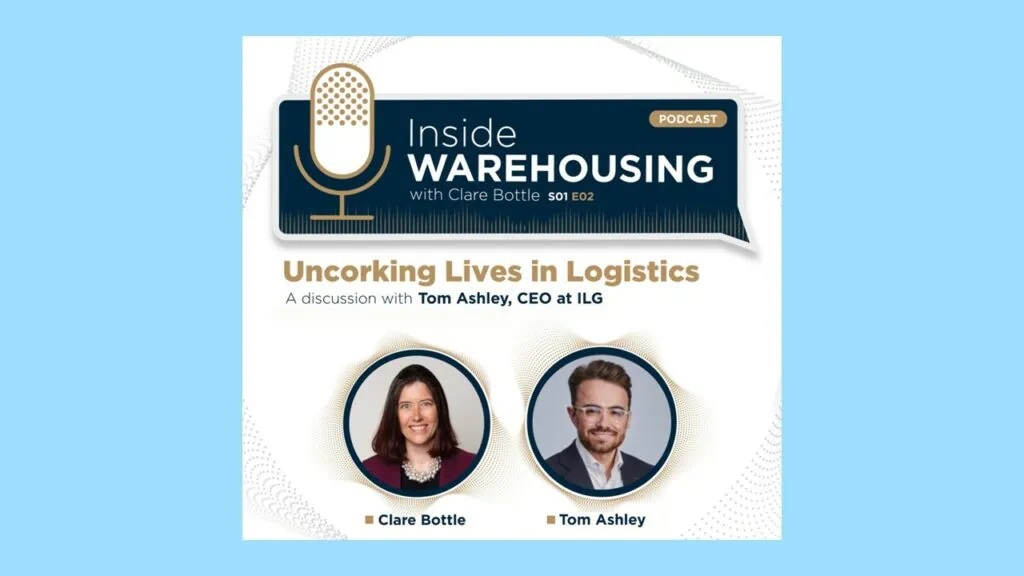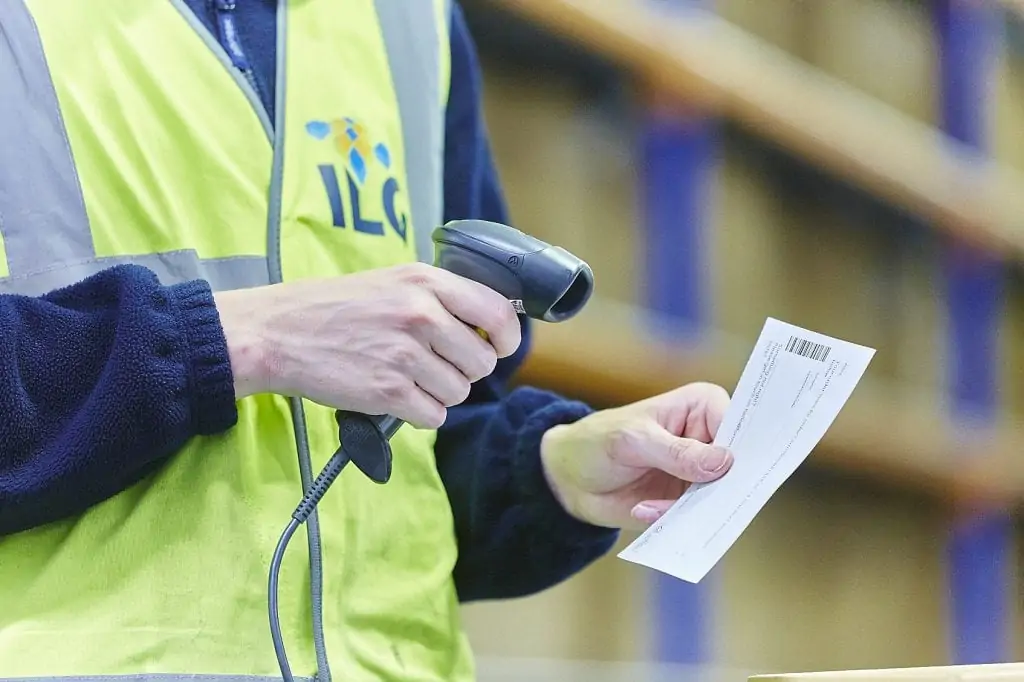
To power growth, brands need to be where the customer wants to shop. That might be DTC stores, e-commerce, third party retail partners, marketplaces, social commerce channels or pop-ups.
We proudly sponsored the TheIndustry.fashion LIVE: The Omnichannel Opportunity, where brands and retailers such as French Connection, Neem London, Osprey, Albaray, Represent, Thomas Sabo, Malone Souliers and Toast, amongst others, gained insights on the technology and services brands should have in place to power a consistent and elevated experience for their customers and drive success.
The event invited professionals to learn from brands, retailers and industry experts from the likes of Scamp & Dude, Nudea, Collagerie, Coco de Mer, Tilly Sveaas and Future Snoops, on how to boost growth across multiple channels.
Jump to:
- The retail reset
- Scaling up an omnichannel business in partnership with a 3PL
- Building an omnichannel independent brand
- Blending content and commerce for a true omnichannel offer
- Omnichannel fulfilment experts
The retail reset
Kicking off the day, Kate May Medley, Trends Director at Future Snoops, unpicked the “creative unflattening” and shared insights into how brands can stand out in today’s crowded landscape.
So, what is meant by “creative unflattening”? It’s a rebellion against relying solely on data and algorithms to drive creative decisions. According to Medley, this leads to “the market being flooded with lookalikes. Take Bottega’s popular woven bags, for example – there are now countless versions flooding store shelves as brands play it safe.”
With the average attention span having dropped from 2.5 minutes to eight seconds, brands and retailers need to stand out. Medley explained that the key to discovering dimensionality and breaking free from the “age of average” is down to creatively resetting, understanding consumers, and revamping the retail experience.
“A true multichannel strategy is about presence and purpose. It’s not about being everywhere. The brands that are doing this well are the ones using every channel with differing messages, not just to convert but to connect with customers. It’s designed to resonate, not just reach,” Medley said.
To cement a connection with consumers, Medley encourages “strategic friction” – in other words, experimental shopping. One example of this is hyperlocal activations that are rooted in community and culture, making shopping more meaningful.
“In today’s crowded retail landscape, distinctiveness should be a part of the creative strategy. The brands and retailers that will thrive in the next decade will be those who understand that being meaningfully different isn’t just good branding – it’s good business,” she concluded.
Scaling up an omnichannel business in partnership with a 3PL
For the second session, our Director of Client Services, Sam Taylor sat down with Jo Tutchener-Sharp, founder and CEO of Scamp & Dude – a client of ILG – to explore how to successfully scale an omnichannel business through a strategic partnership with a third-party logistics provider (3PL).
Perfectly poised to address this topic, we are a fulfilment, 3PL and global logistics service provider, supporting ambitious brands in scaling their operations. With 12 fulfilment centres across the UK and EU, we specialise in e-commerce and retail logistics for fast-growing fashion and beauty brands. Our mission is simple: to help our clients succeed – something Scamp & Dude knows firsthand.
We have partnered with Scamp & Dude for six years, supporting the brand through a period of rapid growth and expansion. Founded by Tutchener-Sharp in 2016, Scamp & Dude is a UK-based fashion label built on a mission to empower and uplift. It blends style with purpose, bringing comfort and confidence to both adults and children. Its signature “Super Scarves” have become a symbol of that mission – uplifting women during tough times. To date, the brand has donated over 65,000 scarves to those with cancer across the UK, helping them feel seen, supported, and strong.
“In the beginning, I was doing absolutely everything. It was hard to know when the right time was to let someone help. It was a scary leap, but ILG stood out as a company that actually cared – they really bought into what we were trying to do,” explained Tutchener-Sharp. “It felt like we were in safe hands, and that made such a difference. Choosing a company that’s slick, knows what they’re doing, and genuinely cares – that’s what sets ILG apart.”
Not only do we help brands fulfil their online sales, stock retail networks and transport high-value goods to national and global destinations, but we also believe in each brand’s potential and purpose. We play an active role in supporting their individual growth journeys and ensuring their end-to-end experience is seamless.
“At ILG, we are flexible and constructively challenge brands based on what we have seen before, offering solutions and collaboration that benefit both parties. All of this comes from a positive place, with trust as the foundation of how we can support brands in their logistics and wider growth journeys,” emphasised Taylor.
Find out more about our omnichannel fulfilment servicesBuilding an omnichannel independent brand
The third panel explored the challenges and opportunities independent brands face in creating an omnichannel presence. Each speaker shared how authentic storytelling, customer connection, and physical experiences are critical to building omnichannel independent brands.
Priya Downes, founder of B Corp underwear brand Nudea, reflected on the brand’s journey from hosting fit parties and early DTC efforts to now partnering with third-party retailers and exploring pop-ups. She highlighted the challenges of digital marketing, particularly around body representation, stating: “Old-fashioned-based algorithms are ludicrous. We’ve noticed that models who are curvier or have darker skin are more likely to be banned on social media – it’s madness!”
While influencer marketing proved effective in some areas, Downes noted that lingerie presented particular challenges, prompting strategic pivots such as expanding into sleepwear. Meanwhile, Lucy Litwack, CEO and owner of lingerie label Coco de Mer, shared the complexities of navigating a brand centred on female pleasure within a digitally censored environment. After shifting online when the brand was bought by Love Honey, and later expanding through wholesale after Litwack acquired the brand in 2017 through an MBO, Coco de Mer is now focused on in-store experiences and meaningful partnerships.
“You can advertise Viagra but not vibrators – working against women and women’s pleasure,” she said. Despite Meta’s restrictions, the brand has found creative ways to engage customers, including collaborations with John Lewis, Sotheby’s, and even ‘Killing Eve’, as well as partnerships with Pamela Anderson and Helena Christensen. For Litwack, even after closing its Covent Garden store and not reopening a physical location until the launch of its Knightsbridge boutique, the store remains central. She said: “It’s about making community a core part of your brand… that’s easier to do face-to-face.”
Tilly Sveaas, who founded her namesake jewellery label, spoke to the power of Instagram in establishing the brand’s visual identity, noting how her iconic T-bar necklace attracted global stockists. She said: “I think quite early on we became a visually identifiable brand… Mytheresa approached us through Instagram.” While she loves the control and authenticity that DTC offers – “It’s my baby, I’m precious about it” – Sveaas acknowledged the irreplaceable value of wholesale in conveying the tactile, weighty appeal of her pieces.
Blending content and commerce for a true omnichannel offer
For the final session of the day, Serena Hood, co-founder of Collagerie, discussed blending content and commerce for an enhanced customer experience.
After questioning why there wasn’t a single platform that curated the best of the best across all price points, Hood – alongside co-founder Lucinda Chambers – set out to create one. Together, they launched a business that would merge their expertise in storytelling – honed during their time at British Vogue – with a curated approach to fashion, beauty, and lifestyle.
Collagerie blends content and commerce, bringing together high-street and high-end brands on one chic, compelling platform. It works with brands to curate their product for its discerning audience and has partnered with major names in British retail to create collaborative content and collections.
In addition to its website and social media content, Collagerie has achieved significant success with its newsletter, which now accounts for 40% of its traffic.
“We position Collagerie as a shortcut to style – like we’ve done the hard work for you. And this trust has allowed us to grow our following and drive repeat purchases,” noted Hood. “What we try to do is create the most joyful, inspirational experience we can.”
Omnichannel fulfilment experts
If you’re looking for an all-in-one fulfilment partner to streamline logistics across all of your channels, get in touch today.
For more information about TheIndustry.Fashion, visit their website here.
Contact Us
Written by Elysia Mitchell
Responsible for all written content across ILG’s UK and US websites, Elysia also plays a central role in co-ordinating our partner outreach events. She joined ILG in 2018 on a graduate placement scheme as a Marketing Assistant and continues to support our sales and marketing teams in their drive to win new customers and grow our brand recognition. Elysia’s passion and knowledge of the UK beauty industry helps to keep our marketing to beauty and wellbeing audiences on-trend and on-message.
More insights >
Tom Ashley Joins Clare Bottle on the UKWA Inside Warehousing Podcast
Tom Ashley, CEO of ILG joined Clare Bottle, CEO of UKWA on the Inside Warehousing Podcast to share…
Meeting the Challenges of Returns (and Turning Them to Your Advantage)
Returns have always been a fact of life for retailers. Some have treated them as a selling point, others have tried to pretend they weren’t happening.

